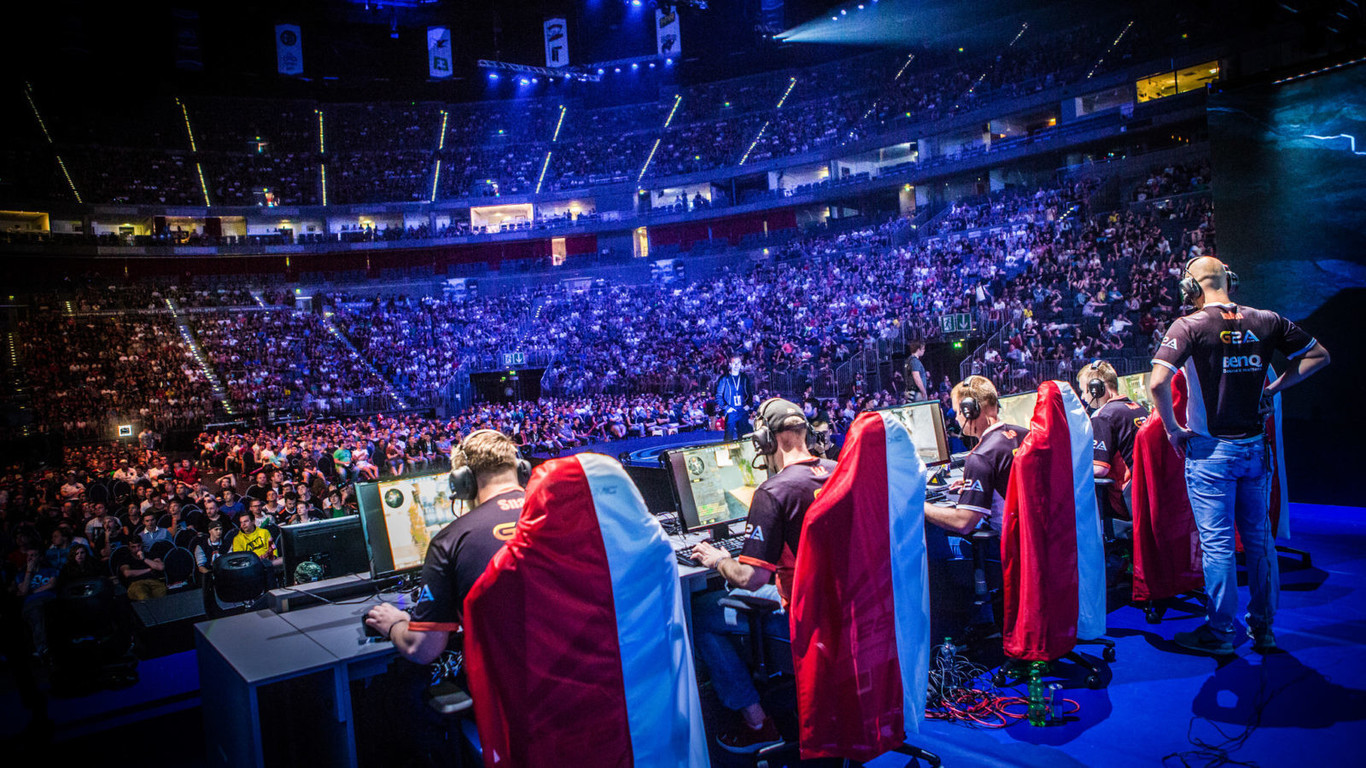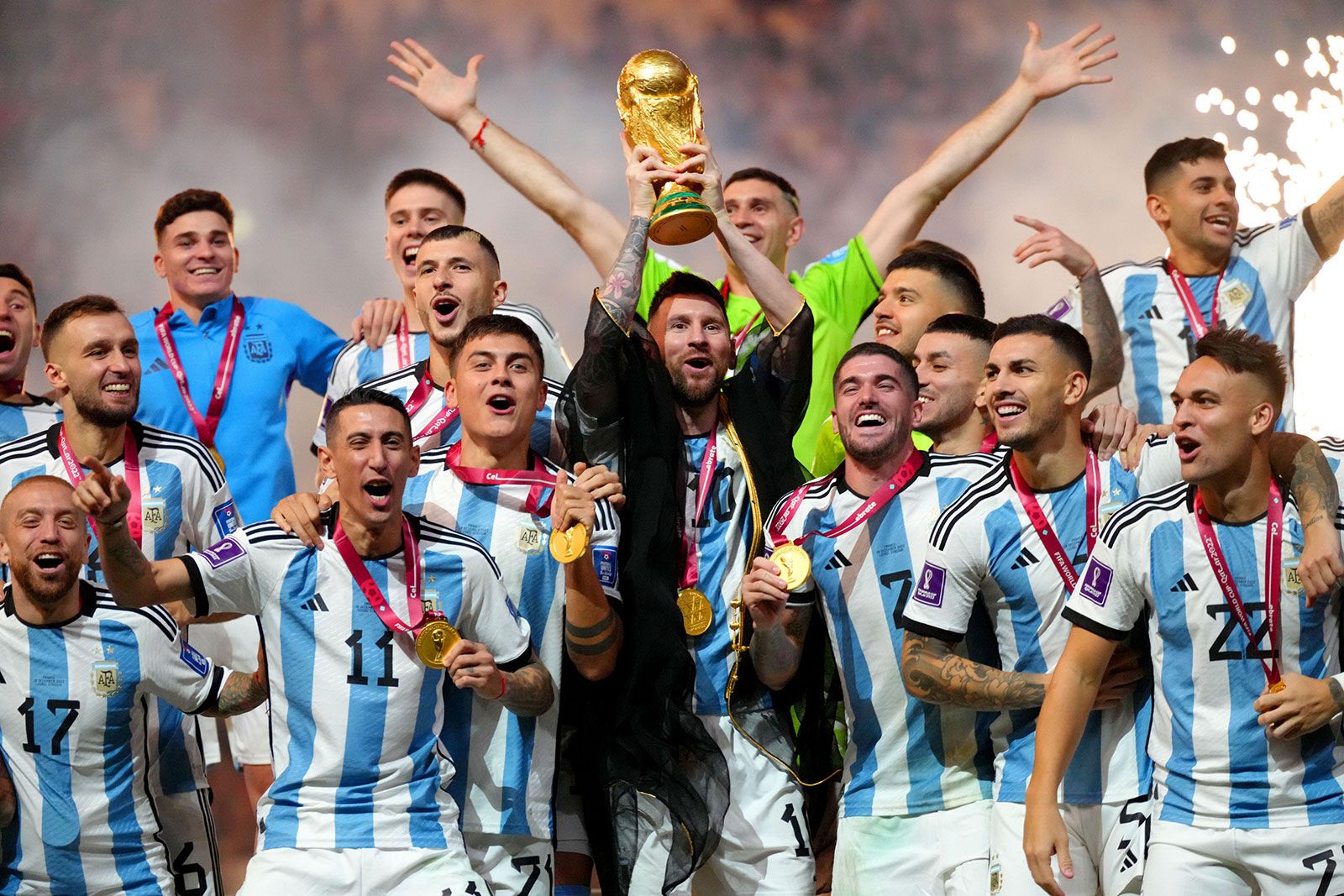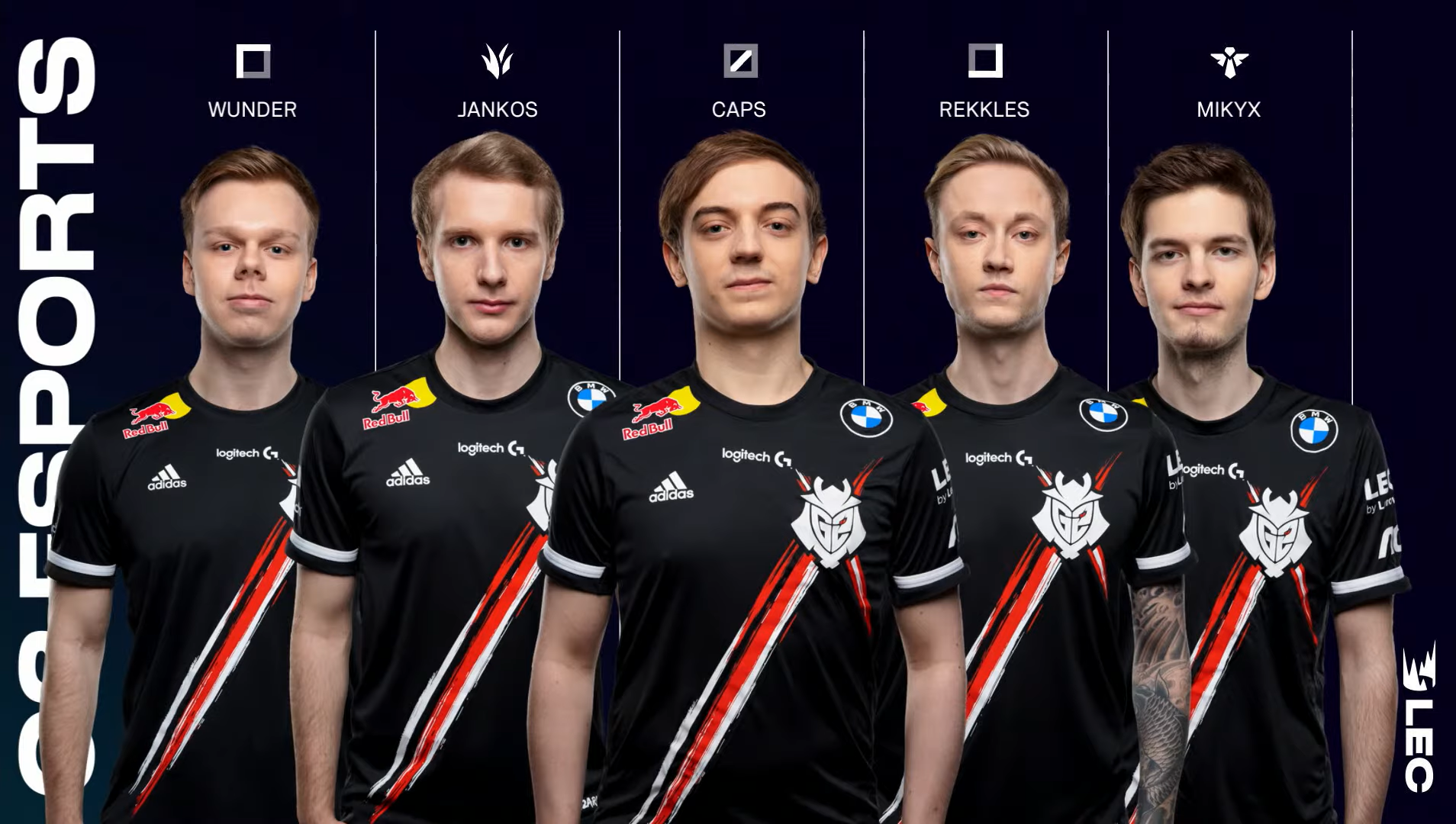Esports, or electronic sports, has become a global phenomenon, drawing millions of players, spectators, and investors. Yet, one persistent question continues to spark debate: Is esports a sport? While traditionalists argue that it lacks physical exertion, proponents highlight its competitive nature, skill requirements, and global impact. This article dives deep into the debate, exploring both sides and the evolving perception of esports as a legitimate sport.

What Defines a Sport?
To determine whether esports qualifies as a sport, it’s essential to understand the criteria that define a sport. Common elements include:
- Competition: A sport typically involves structured competition between individuals or teams.
- Skill and Strategy: Success often requires mastery of specific skills, strategic planning, and quick decision-making.
- Rules and Organization: Sports have standardized rules and governing bodies to ensure fairness and consistency.
- Physical or Mental Exertion: While traditional sports emphasize physical activity, mental skill and endurance are also recognized in some sports like chess or shooting.
Why Esports Qualifies as a Sport
1. Structured Competition
Esports events, such as the League of Legends World Championship or Dota 2’s The International, showcase structured competition on a global scale. Players and teams train rigorously and compete for massive prize pools, similar to traditional sports.
2. Exceptional Skill and Strategy
Professional esports players exhibit extraordinary levels of skill, reflexes, and strategic thinking. Games like Counter-Strike: Global Offensive (CS:GO) or StarCraft II demand precision, multitasking, and mental resilience comparable to chess or Formula 1.
3. Organized Tournaments and Governance
Esports boasts an extensive infrastructure, with organizations like ESL, Riot Games, and Blizzard Entertainment overseeing tournaments and enforcing rules. This mirrors the role of governing bodies in traditional sports.
4. Mental and Physical Demands
While esports may not require physical strength, players face intense mental challenges. High-level gaming involves:
- Split-Second Decision-Making: Reacting to opponents and executing strategies in real time.
- Hand-Eye Coordination: Precise movements with keyboards, controllers, and mice.
- Stamina: Professional matches often last several hours, testing focus and endurance.
Counterarguments: Why Esports May Not Be a Sport
1. Lack of Physical Activity
Critics argue that esports lacks the physical exertion typically associated with traditional sports like football or basketball.
2. Cultural Perception
Some believe that video games are primarily recreational, making it difficult to view them as sports.
3. Standardization Challenges
Esports involves multiple games, each with unique mechanics and rules, making it harder to standardize compared to traditional sports with universal formats.
Changing Perceptions: Esports on the Global Stage
Despite criticisms, esports is gaining recognition as a legitimate sport. Key milestones include:
- Inclusion in Multisport Events:
- Esports debuted as a medal event in the 2018 Asian Games and is set to feature in future Olympic discussions.
- Government Support:
- Countries like South Korea and China have officially recognized esports as a professional sport.
- Mainstream Acceptance:
- Esports events are broadcast on major networks like ESPN, and partnerships with traditional sports teams, such as PSG’s League of Legends team, bridge the gap between esports and conventional sports.
- Health and Training Regimens:
- Professional players follow rigorous physical and mental training routines, emphasizing the demands of the profession.
The Economic and Social Impact of Esports
- Massive Audience: With over 500 million global viewers, esports rivals traditional sports like baseball and hockey in popularity.
- Prize Pools: Tournaments like The International offer prize pools exceeding $40 million, surpassing many traditional sports events.
- Community Building: Esports fosters global communities, breaking barriers of language, culture, and geography.
Conclusion: A New Era of Sports?
So, is esports a sport? While the debate continues, the evidence strongly supports its classification as one. Esports embodies the core elements of competition, skill, and organization found in traditional sports. As societal perceptions evolve, esports is carving out its place as a legitimate and celebrated form of sport.
Whether you view esports as a sport or not, one thing is clear: it is a cultural and competitive phenomenon reshaping the global entertainment landscape.













